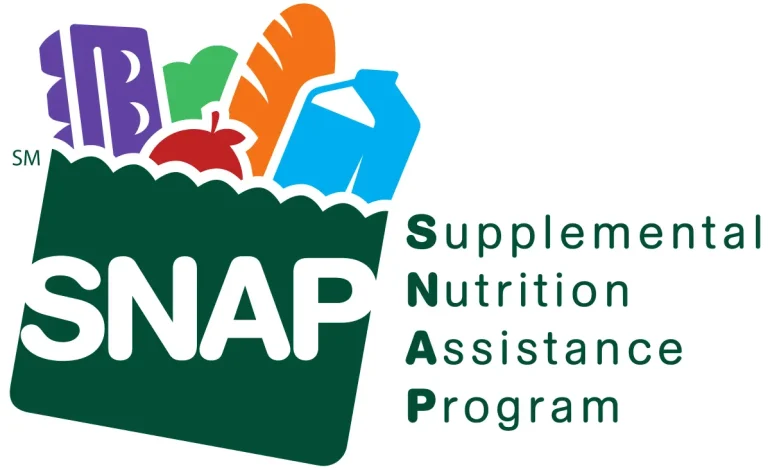A new study is linking food assistance to brain health — and the timing couldn’t be more ironic.
According to researchers at the University of Georgia, older adults who receive benefits through the Supplemental Nutrition Assistance Program (SNAP) — better known as food stamps — experience slower cognitive decline than those who qualify for the program but don’t use it.
The finding? Over 10 years, SNAP participants preserved the equivalent of two to three extra years of cognitive function compared to their non-participating peers. That’s huge when it comes to aging brains and diseases like Alzheimer’s.
But here’s the kicker: The study comes just weeks after President Trump signed off on the largest cut to SNAP in the program’s 86-year history. His administration’s “One Big Beautiful Bill” will gut nearly $187 billion from food assistance over the next decade, affecting more than 22 million families.
Researchers followed more than 2,300 adults over 50 from 2010 to 2020. Half were enrolled in SNAP, and half were eligible but not participating. Every two years, participants took memory and cognitive tests. By the end of the study, the SNAP group had a 10% slower rate of cognitive decline — a result lead researcher Linlin Da called “eye-opening.”
“Having access to reliable, nutritious food might be doing more than just filling stomachs — it may be helping protect the brain,” said Da, who presented the research at the Alzheimer’s Association International Conference in Toronto.
Food insecurity has long been tied to worse health outcomes — and now scientists are finding it can affect how fast your brain ages, too. Without enough nutritious food, older adults may be more prone to conditions like high blood pressure, diabetes, and — yep — cognitive decline.
“A balanced diet can neutralize a lot of the risk factors for dementia,” said Dr. Richard Isaacson, a leading Alzheimer’s researcher.
But, as he points out, healthy food is expensive — and that’s where SNAP can make a real difference.
In places like Oregon, for example, SNAP benefits can be doubled at farmers markets, allowing people to load up on fresh produce for half the cost. That kind of access, said SNAP user Karen Forbes, has been essential to maintaining her health since developing long COVID and brain fog.
“Every little thing you can do to improve your health makes a difference,” she said.
Despite research showing clear health benefits, SNAP is under fire. Trump’s cuts shift more program costs to states and add stricter work requirements. Lawmakers backing the move say it will “promote work, not welfare,” but critics warn it will only increase food insecurity — especially for seniors, people with disabilities, and low-income families.
About 70% of SNAP recipients fall into those vulnerable groups.
Experts are calling for more research into using nutrition as a form of preventive medicine, especially in older adults. And with an aging population and rising rates of dementia, programs like SNAP could be more important than ever.
“We’ve always known food insecurity was bad for the brain,” said Dr. Hussein Yassine of USC. “This study just connects the dots.”
With input from the New York Times, New York Post, CNN, and NBC News.










The latest news in your social feeds
Subscribe to our social media platforms to stay tuned